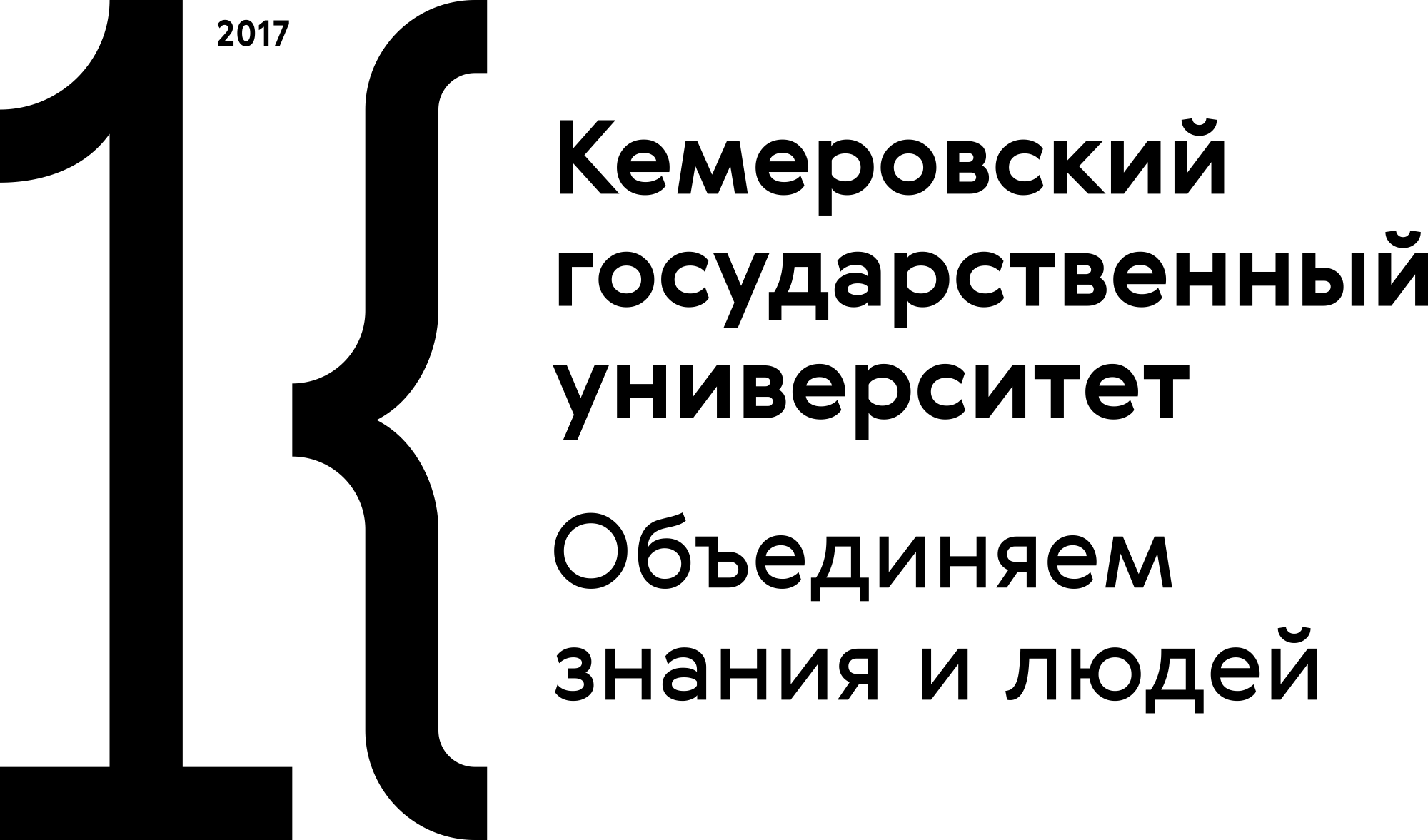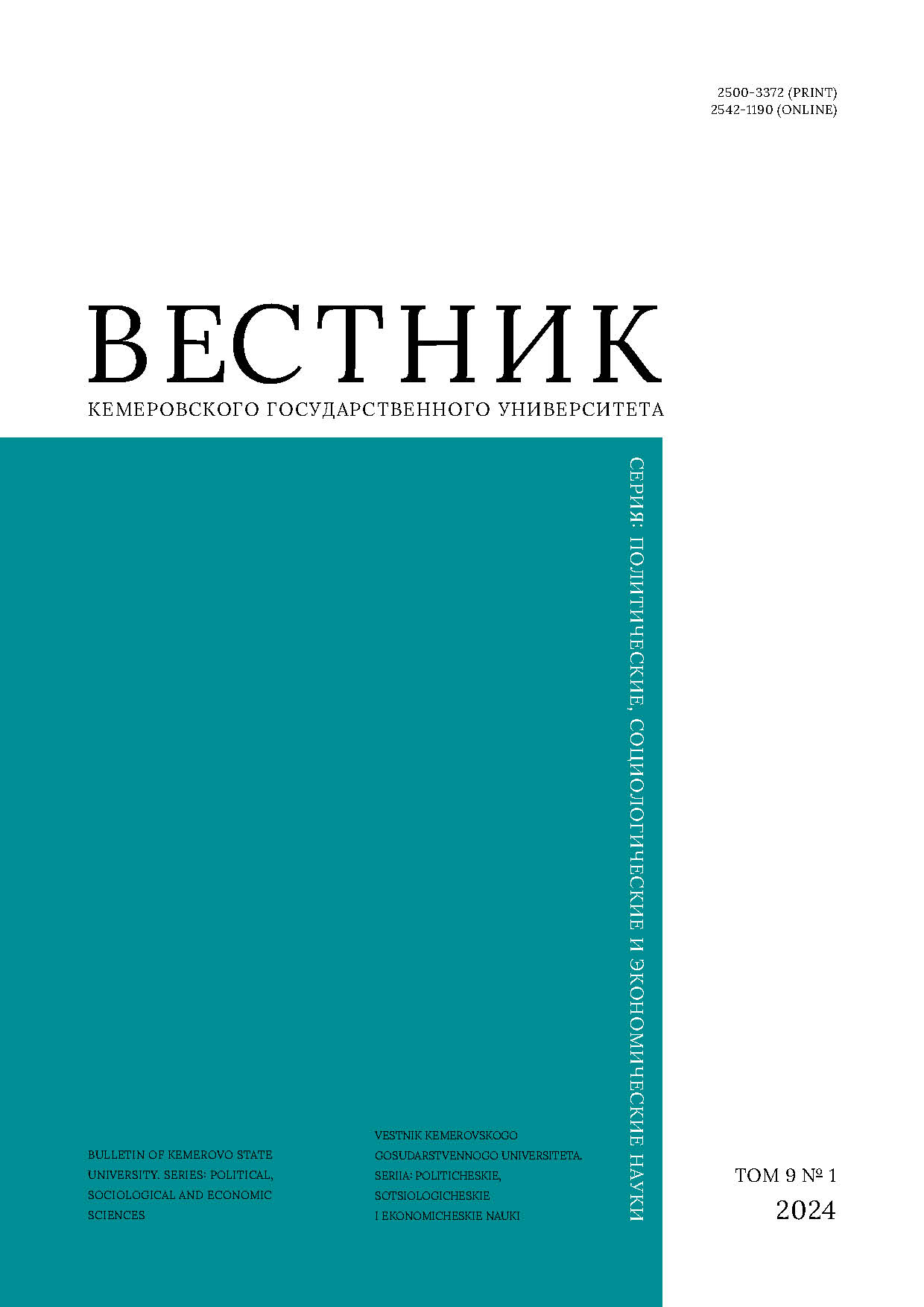Москва, Россия
Москва, Россия
Москва, Россия
Актуальность исследования определяется необходимостью объективной оценки эффективности деятельности предприятий и их отдельных бизнес-процессов в условиях турбулентности макросреды бизнеса. Агрессивные и изменчивые условия определяют необходимость изучения и использования инновационных и прогрессивных парадигм менеджмента, которые в состоянии обеспечивать конкурентоспособность предприятий на целевых рынках. Предмет исследования – совокупность принципов оценки эффективности бизнес-процессов хозяйствующего субъекта на основе системы определенных показателей. Цель – разработать методику оценки эффективности бизнес-процессов предприятия на основе SMART-подхода. Авторы представили свое видение групп показателей, с помощью которых определяется эффективность бизнес-процессов. Для отражения требований к показателям эффективности бизнес-процессов использован SMART-подход, способствующий правильному формулированию желаемого результата и обеспечивающий понимание направления. На базе синтеза концепций сбалансированной системы показателей, функционально-стоимостного анализа и ключевых факторов успеха создана оригинальная модель оценки эффективности бизнес-процессов.
показатель эффективности, бизнес-процесс, SMART-подход, оценка, функционально-стоимостной анализ, система сбалансированных показателей
1. Zuhaira B., Ahmad N. Business process modeling, implementation, analysis, and management: the case of business process management tools. Business Process Management Journal, 2021, 27(1): 145-183. https://doi.org/10.1108/BPMJ-06-2018-0168 EDN: https://elibrary.ru/MTKWOB
2. Dewi K. C., Ayuni N. W. D. Business process re-enginering of tourism e-marketplace by engaging government, small medium enterprises and tourists. Bulletin of Electrical Engineering and Informatics, 2021, 10(5): 2866-2874. https://doi.org/10.11591/eei.v10i5.3159
3. Mendes T., Santos S. A Procedural approach for evaluating the performance of business processes based on a model of quantative and qualitative measurements. Enterprise Information Systems: Proc. 18th Intern. Conf. on Enterprise Information Systems, Rome, 25-28 Apr 2016. Cham: Springer, 2017, 515-534. https://doi.org/10.1007/978-3-319-62386-3_23
4. Wang M., Wang H. From process logic to business logic - a cognitive approach to business process management. Information & Management, 2006, 43(2): 179-193. https://doi.org/10.1016/j.im.2005.06.001
5. Hung R. Y.-Y. Business process management as competitive advantage: a review and empirical study. Total quality management & business excellence, 2006, 17(1): 21-40. https://doi.org/10.1080/14783360500249836
6. Gupta J., Chaturvedi S., Prasad R., Ananthi N. Principles and practice of management. Bhopal: AG publishing house (AGPH Books), 217.
7. Draheim D. Business process technology: a unified view on business processes, workflows and enterprise applications. Heidelberg: Springer Berlin, 2014, 306. https://doi.org/10.1007/978-3-642-01588-5
8. Lederer M., Schott P., Huber S., Kurz M. Strategic business process analysis: a procedure model to align business strategy with business process analysis methods. S-BPM ONE - Running Processes: Proc. 5th Intern. Conf. on Subject-Oriented Business Process Management, Deggendorf, 11-12 Mar 2013. Heidelberg: Springer Berlin, 2013, 247-263. https://doi.org/10.1007/978-3-642-36754-0_16
9. Jeston J. Business process management. Practical guidelines to successful implementations. London: Routledge, 2014, 688. https://doi.org/10.4324/9780203081327
10. Santos H. M., Alves C. F., Valença G. A., Santana A. F. Critical success factors of BPM initiatives in Brazilian public organizations. Innovation Vision 2020: Sustainable growth, Entrepreneurship, and Economic Development: Proc. 19th Intern. Business Information Management Association Conf., Barcelona, 12-13 Nov 2012. Barcelona: IBIMA, 2012, 1806-1816.
11. Билалова И. М., Сулейманова Д. Б. Проблемы оценки эффективности бизнес-процессов и пути их решения. Фундаментальные исследования. 2017. № 5. С. 131-136. https://www.elibrary.ru/yrpijv
12. Trkman P. The critical success factors of business process management. International Journal of Information Management, 2010, 30(2): 125-134. https://doi.org/10.1016/j.ijinfomgt.2009.07.003
13. Powell S. G., Schwaninger M., Trimble C. Measurement and control of business processes. System Dynamics Review, 2001, 17(1): 63-91. https://doi.org/10.1002/sdr.206
14. Del-Río-Ortega A., Resinas M., Ruiz-Cortés A. Defining process performance indicators: an ontological approach. On the Move to Meaningful Internet Systems: Proc. OTM Confederated Intern. Conf., Hersonissos, 25-29 Oct 2010. Heidelberg: Springer Berlin, pt. 1, 555-572. https://doi.org/10.1007/978-3-642-16934-2_41
15. Doran G. T. There’s a S.M.A.R.T. way to write management’s goals and objectives. Management Review, 1981, 70(11): 35-36.
16. Dumas M., La Rosa M., Mendling J., Reijers H. A. Fundamentals of business process management. Heidelberg: Springer Berlin, 2018, 527. https://doi.org/10.1007/978-3-662-56509-4 EDN: https://elibrary.ru/VFXQHL
17. Van Looy A., Shafagatova A. Business process performance measurement: a structured literature review of indicators, measures and metrics. SpringerPlus, 2016, 5(1). https://doi.org/10.1186/s40064-016-3498-1 EDN: https://elibrary.ru/OPQOGM
18. Brin P., Prokhorenko O., Nehme M., Trabulsi H. Strategic contribution of a business process to company’s performance. Journal of Information Technology Management, 2020, 12(3): 82-99. https://doi.org/10.22059/jitm.2020.76296 EDN: https://elibrary.ru/GJMSKR
19. Pourbafrani M., Gharbi F., Van der Aalst W. M. P. A tool for business processes diagnostics. Service-Oriented Computing - ICSOC 2022 Workshops: Proc. Intern. Conf. on Service-Oriented Computing, Sevilla, 29 Nov - 2 Dec 2022. Cham: Springer, 350-354. https://doi.org/10.1007/978-3-031-26507-5_31
20. Kaplan R. S., Norton D. P. The balanced scorecard - measures that drive performance. Harvard Business Review, 1992, 70(1): 71-79. EDN: https://elibrary.ru/BLHFZZ
21. Tawse A., Tabesh P. Thirty years with the balanced scorecard: what we have learned. Business Horizons, 2023, 66(1): 123-132. https://doi.org/10.1016/j.bushor.2022.03.005 EDN: https://elibrary.ru/XQXQQB
22. Madsen D. Ø., Stenheim T. The balanced scorecard: a review of five research areas. American Journal of Management, 2015, 15(2): 24-41.
23. Барановская Т. П., Вострокнутов А. Е. Методика и модели функционально-стоимостной оценки бизнес-процессов. Современная экономика: проблемы и решения. 2021. № 11. С. 107-116. http://dx.doi.org/10.17308/meps.2021.11/2718 EDN: https://elibrary.ru/DMCBLG
24. Mineeva T. A., Kuznetcova N. A., Norkina O. S., Popova E. V. Improve business process efficiency by value engineering. IOP Conference Series: Materials Science and Engineering, 2020, 971. http://dx.doi.org/10.1088/1757-899X/971/5/052015 EDN: https://elibrary.ru/SXGWDV
25. Castro B. K. D. A., Dresch A., Veit D. R. Key critical success factors of BPM implementation: a theoretical and practical view. Business Process Management Journal, 2020, 26(1): 239-256. https://doi.org/10.1108/BPMJ-09-2018-0272
26. Moktadir M. A., Kumar A., Ali S. M., Paul S. K., Sultana R., Rezaei J. Critical success factors for a circular economy: implications for business strategy and the environment. Business strategy and the environment, 2020, 29(8): 3611-3635. https://doi.org/10.1002/bse.2600

















